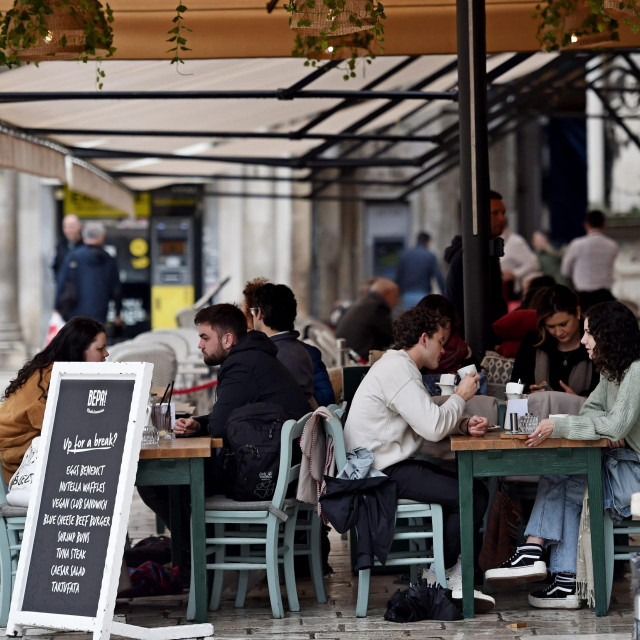
A return to full normalcy after the shocks caused to societies by the two-year pandemic will be challenging, but the situation in Croatia seems to be improving quickly.
In this special report, EURACTIV and its pan-European network will explore what EU Member States and local authorities plan to do to help this transition, in part by making urban settlements more attractive through innovative concepts involving tourism and the hospitality sector.
"It is obvious that this year we will exceed 100,000 issued permits for residence and work of foreigners in Croatia," said Žarko Katić, State Secretary of the Ministry of the Interior (MUP), Jutarnji list, media partner of Euractiv.com, reported. Which is more than a clear signal in the recovery of tourism and hospitality, because in these sectors, in addition to construction, most foreigners will be employed.
At the end of April, the Ministry of the Interior confirmed that the decision to temporarily restrict border crossings had not been extended and only the conditions of entry that were valid before the covid-19 epidemic, prescribed by the Schengen Borders Code etc. (without meeting epidemiological conditions), are in force. Which should further encourage the recovery of tourism and hospitality.
One of the signals is the landing of the first plane on a direct flight from New York to Dubrovnik Airport. "During the season, about 70 flights were announced on the New York-Dubrovnik route and more than 15,000 people are expected to arrive. The first flights are almost completely filled, and for later there is a good booking and good occupancy is expected," said the commercial director of Dubrovnik Airport Ivan Maslać. Commenting on the traffic at Dubrovnik Airport in relation to the tourist season in 2019, Maslać said that they are at some 65 to 70 percent and that they are satisfied.
The epidemiological picture in the country is completely under control, so on May 30, 36 cases of people infected with the virus that causes covid-19 were recorded, and one person died. "My most important task was to prevent a social fracture," said Croatian Prime Minister Andrej Plenković, referring to the past two years of public health crisis. "Now citizens can feel why the state exists in crisis and why the EU is good and benefits citizens when it needs it most," the PM added.
The Croatian economy is successfully recovering, so in the first quarter it grew by 7% compared to the same period last year, with an important share of constant growth in tourism and services, with a special role played by hospitality which went through a very difficult period during the crisis and relied heavily on the measures the Prime Minister was talking about. The most visible segment, coffee bars, gained a strong impetus with the abolition of measures and especially by enabling work after midnight, which will have a positive impact on their work during the tourist season.
The government is continuing in this direction, so a significant part of the economic incentives for this year relate to tourism. In criticism of the opposition that the program focuses too much on this branch, the government says that these are high value-added projects, such as increasing the categorization of hotel accommodation and new investments. State Secretary at the Ministry of Economy Nataša Mikuš Žigman states that 14.6 percent of projects are registered in tourism and their value is slightly more than 35 percent of incentives, adding that brownfield investments are not excluded.
In light of the expected momentum in tourism and hospitality, securing supply chains for this service sector will play a particularly important role. If it can be said so, a good consequence of the public health crisis is the acceleration of digitalization, which has strongly affected the mentioned sector. In this segment, a special step forward was made by the company METRO with solutions adapted to the specific needs of tourism and hospitality developed in digital packages.
For example, METRO and SMART have developed a B2B system that allows customers to receive all invoice items, and the system will update prices and stocks in the customer's program, thus depriving him of a number of jobs that deter him from engaging in core business.
The key threat to the recovery of tourism and hospitality comes from outside, through rising energy and food prices translated into inflation. Which could slow down the arrival of guests by their own transport, and this is the largest share of users of tourist and catering services. This also applies to the period outside the tourist season and is related to the local population who are accustomed to visiting continental tourist and gourmet locations.
However, estimates say that after two pandemic years and the pressure of the war in Ukraine, people will still decide to seek recovery and relaxation.








